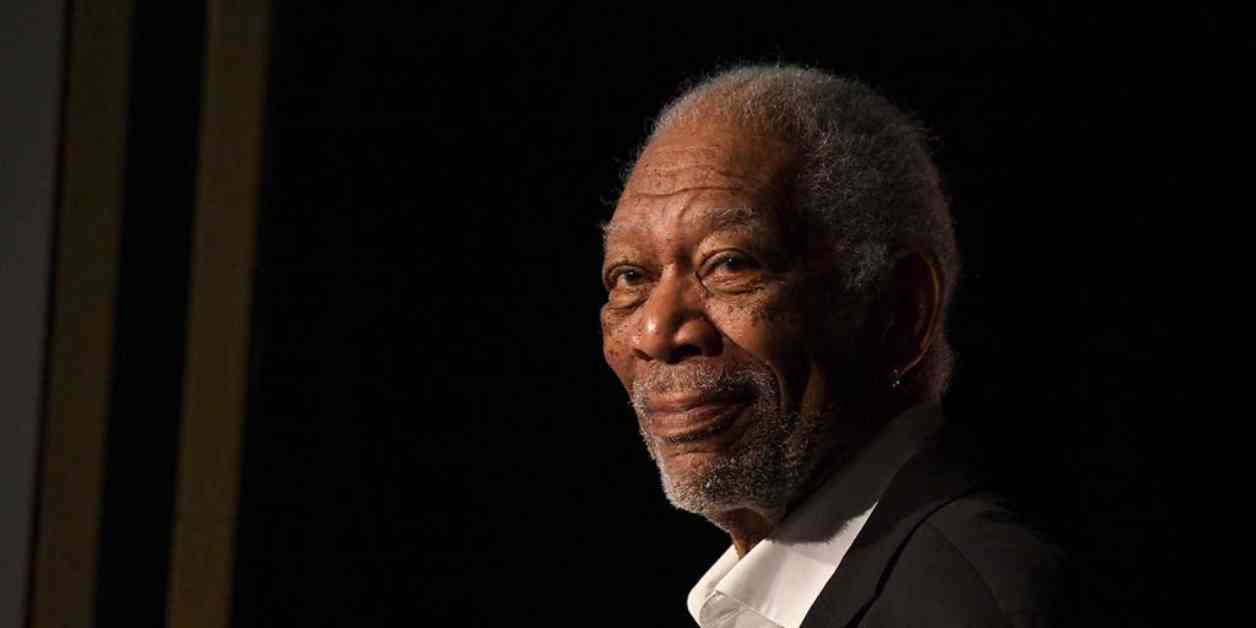Actor Morgan Freeman recently expressed his disapproval of Black History Month once again. The 87-year-old actor stated in an interview with Variety that he detested the idea of dedicating a month to Black history. “I detest it. The mere idea of it. You are going to give me the shortest month in a year? And you are going to celebrate ‘my’ history?! This whole idea makes my teeth itch. It’s not right,” Freeman said.
Freeman emphasized that his history is American history and that it is the one thing he is truly interested in beyond other pursuits like making money, having a good time, and getting enough sleep. He stressed the importance of knowing American history, citing his upcoming film “The Gray House,” which is based on the true story of three women who worked as Union spies during the Civil War. Freeman serves as the executive producer for the film.
The Academy-Award winning actor has been vocal about his opposition to Black History Month since 2005 when he first called the concept “ridiculous.” He believes that Black history is an integral part of American history and that dedicating a separate month to it is unnecessary. In a previous interview, Freeman also expressed his dislike for the term “African-American,” questioning its true meaning and relevance.
Freeman’s stance on race relations goes beyond Black History Month. He has mentioned in the past that the best way to combat racism is to stop talking about it. He famously said, “I am going to stop calling you a White man, and I’m going to ask you to stop calling me a Black man.” Freeman believes that focusing on racial labels only perpetuates divisions among people.
Throughout his illustrious career, Morgan Freeman has received numerous accolades, including five Academy Award nominations and one win for his role in “Million Dollar Baby.” He has also been honored with a Kennedy Center Honor in 2008 and the Cecil B. DeMille Award at the Golden Globes in 2012 for his outstanding contributions to the entertainment industry.
Freeman’s bold statements about Black History Month and racism have sparked conversations and debates on the topic. While some may disagree with his views, his perspective sheds light on the complexities of celebrating diversity and unity in society. Ultimately, Morgan Freeman’s advocacy for seeing beyond racial distinctions and embracing American history as a whole challenges us to reexamine how we approach discussions about race and identity in the modern world.




